This store requires javascript to be enabled for some features to work correctly.
-
DECANT NAPA is open to the public beginning Friday 10/18!
-
Save 10% automatically when you add 12+ bottles to your cart!
Paolo Bea Sagrantino di Montefalco Passito, Umbria, Italy 2010 (375ml)
One of the early success stories in the modern-day revival of skin-macerated white wines, Bea’s beloved “Arboreus” originates from exceedingly old Trebbiano vines in the village of Spoleto. A striking instance of non-standard training, these ancient vines wrap themselves around the trunks and branches of trees (hence the wine’s name), growing and ripening high above the ground. The wine's palate is chiseled, markedly tannic (though well-balanced), and driven by resonant acidity, with the marzipan and apricot notes echoing strongly.
- Winemaker: Paolo Bea
- Farming: Organic
- Variety: Sangrantino 100%
- Terroir: From the hilltop vineyards with limestone-clay and gravel soils with 20+ year old cordon-trained vines.
- Vinification: After several months drying on straw mats, grapes are destemmed and crushed. Wine ferments spontaneously in stainless-steel tanks. Vertical basket press. Wine remains on fine lees until assemblage prior to bottling Malolactic fermentation is spontaneous, in tank following alcoholic fermentation
- Aging: Appx. 48 months in stainless-steel tanks. Unfined and unfiltered.
- Tasting Notes: Bea’s rare and mind-bendingly complex passito (the traditional method for making Sagrantino di Montefalco, in fact) comes from pure Sagrantino harvested at a high sugar levels and left to dry on straw mats completely naturally in the upper level of his grand winery. The final wine delivers a visceral blast of Sagrantino essence: spice cake, cured tobacco leaves, peppery black fruits, old leather, and a profound sense of umami. Always released after a significant amount of ageing (thereby increasing its already stunning complexity), it’s an idiosyncratic, deeply enveloping wine that feels like a transmission from another era
Join our Mailing List
Land Acknowlegement
We acknowledge that we are on the unceded ancestral homelands of the Ramaytush Ohlone (the original inhabitants of the San Francisco Peninsula) and the Wappo & Miwok (the original inhabitants of Napa County).

